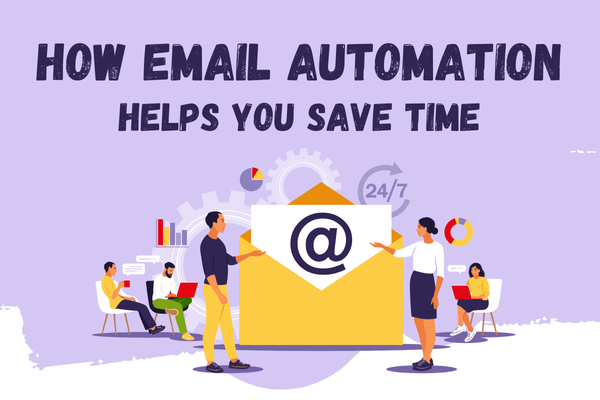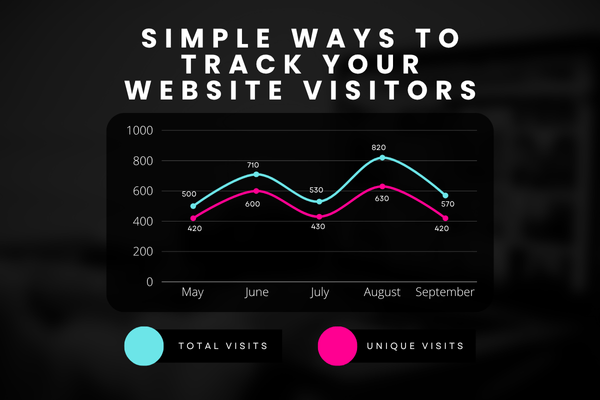If you run a business, you need data. You need to know what people like, how they behave, and what helps them decide. But collecting this data must be done the right way. If you ask too much, too soon, or in the wrong way, people get annoyed. They stop trusting you.
Let’s start with the basics. Always ask for data that you need. If you don’t need someone’s birthday to provide your service, don’t ask. If all you want is their name and email, keep it at that.
Timing also matters. When someone first lands on your website, don’t jump in with a big form or pop-up. Give them a chance to read or look around first. Let them get value before you ask for anything.
You can collect data in small, simple steps. Start with email. Then, later on, ask more if you really need it. If someone makes a purchase, ask for feedback after delivery. That’s better than sending five questions right after they check out.
Be clear about why you’re asking. Tell them how the data helps you serve them better. People are more open when they understand the reason behind the request.
Also, give them control. Let them update their info or choose what they want to receive. A small “unsubscribe” or “edit preferences” link shows respect. It also builds trust.
Don’t forget the tools. You can use simple tools like Google Forms, Typeform, or even your email service. Many CRMs also let you collect info in a way that feels smooth and respectful.
Cookies and tracking also matter. Always let people know if you’re using cookies. A small message at the bottom of the page is enough. Give them an option to accept or reject.
Another way to collect data is through behavior. Watch what pages people visit. What buttons do they click? Where do they spend more time? This tells you a lot without asking them anything.
Social media polls, short surveys, and live chats also help. These are quick ways to gather small bits of data. When done right, they don’t feel like a big ask.
Never sell or misuse customer data. Even if you have a long privacy policy, your actions matter more. If people sense that their data is safe, they stay longer and engage more.
Collecting data doesn’t have to be a struggle. Just be honest, ask only what you need, and respect people’s time and space. When done right, they will give you what you need without feeling pushed.


